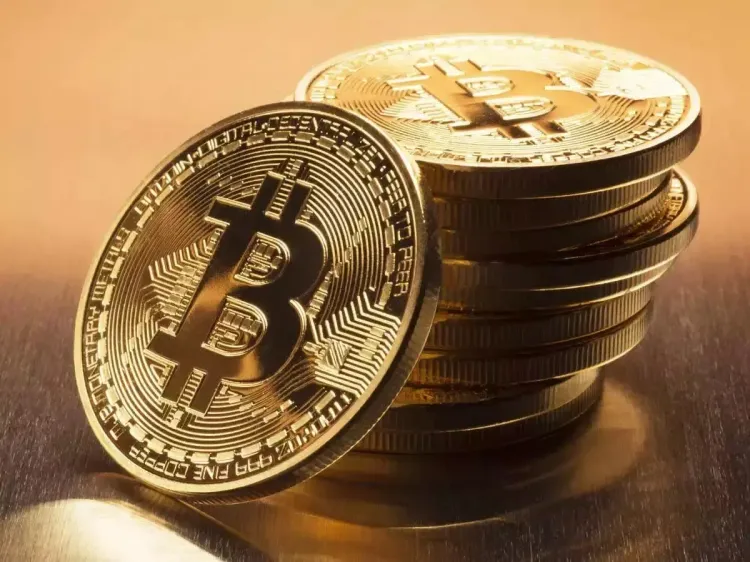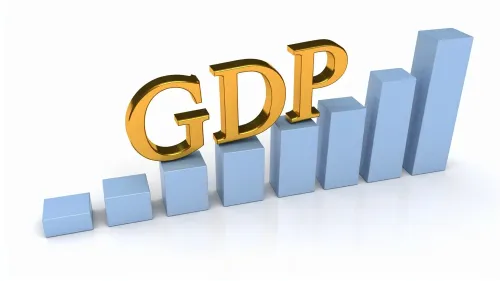Bank of Korea Dismisses Bitcoin for Foreign Reserves

Synopsis
Key Takeaways
- Bank of Korea called for a cautious approach.
- Bitcoin's price volatility is a major concern.
- No discussions on including bitcoin in reserves.
- Cryptocurrencies don't meet IMF criteria.
- Ongoing geopolitical tensions cause inflation uncertainties.
Seoul, March 16 (NationPress) The South Korean central bank has emphasized a cautious approach regarding the potential inclusion of bitcoin in foreign exchange reserves due to its significant price volatility, officials stated on Sunday.
Following US President Donald Trump's announcement earlier this month about establishing a strategic bitcoin reserve and a digital asset stockpile, discussions among lawmakers about the potential addition of cryptocurrencies to the country's strategic reserves have emerged.
In response to an inquiry from Rep. Cha Gyu-geun of the minor Rebuilding Korea Party, the Bank of Korea (BOK) clarified that it has not engaged in discussions or reviews concerning the potential inclusion of bitcoin in foreign exchange reserves, insisting that a cautious approach is essential.
The BOK highlighted the high volatility in bitcoin prices as a primary reason for this caution, as reported by the Yonhap news agency.
“In cases of instability within the cryptocurrency market, the transaction costs for converting bitcoins into cash could surge dramatically,” the central bank explained.
Furthermore, it noted that cryptocurrencies do not align with the criteria for foreign exchange reserves established by the International Monetary Fund (IMF), including liquidity, market value, and credit rating.
In addition, the BOK previously pointed out the growing uncertainties surrounding inflationary pressures influenced by ongoing geopolitical tensions and trade disputes among major nations.
BOK Deputy Governor Kim Woong expressed these concerns during a meeting focused on assessing the country’s price trends, following government data that indicated a slight decline in consumer price growth.
Recent data reveals that consumer prices in South Korea rose by 2 percent in February, following a 2.2 percent increase in January.
While the inflation rate remains stable, Kim acknowledged that various global factors still contribute to volatility in price outlooks.
“There are significant uncertainties concerning geopolitical situations, trade disputes among major nations, foreign exchange rates, and domestic demand,” Kim stated, addressing the issues that have rendered inflation forecasts uncertain.









